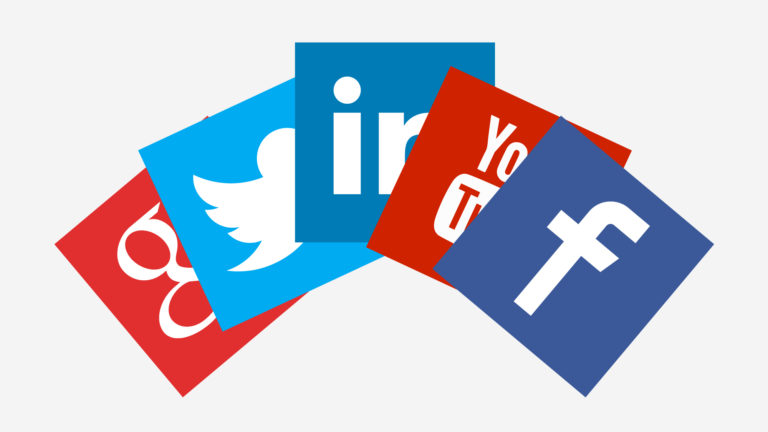How To Deal With Negative Dental Social Media Reviews

Social media is becoming increasingly important for dentists, and negative dental social media reviews come with the turf
The rise of social media created many benefits for dentists. However, in terms of dental risk management, negative dental social media reviews create headaches for many practitioners.
Here’s a quick dental risk management case study on how you can deal with negative reviews of your dental practice on social media.
Dental Social Media Review Case Study
Dentist: A general dentist, who owns her office. The situation occurred this weekend. She contacted me after the fact, concerned about her possible legal liability.
Situation: Three negative dental social media posts were published this past Saturday on the dental office’s Facebook page. I edited out some of the redundant and less important material.
Patient Facebook Post at 3:23 PM: I was quoted a price of $250 for services by this dentist but was charged $682.40. The office personnel failed to disclose to me that they are out-of-network with regards to my insurance company, which is an obvious sign the services will not be mostly covered by insurance. They deny the fact that they did not disclose to me that they are out-of-network, but cannot specifically remember or prove that they gave me that information. After the first service was completed (dental cleaning), I was told I did not owe any money. When I pointed this out to office personnel, I was hung up on, disrespected and mistreated. I tried to speak with the dentist personally but she refused.
Dental Office’s Response Post at 8:48 PM. We are sorry to hear that you are upset with your balance. The treatment estimates our staff personally prepares do relay that IF the insurance pays less that expected, the patient is responsible for the difference. We have no say in how any insurance company pays.
We have many, many patients that we are not in-network for, but they choose to come to us for high-quality dentistry. If a person calls our office asking if we are in-network with their insurance policy, we ALWAYS encourage them to contact their insurance to find an in-network provider and we do not schedule their appointment. We always explain that they CAN come to our office, but they are responsible for any difference that insurance does not cover.
Due to this unfortunate misunderstanding, Dr. [X] has offered to reduce your final bill by 50% in order to help you with the portion your insurance company didn’t cover. We hope this courtesy alleviates the discomfort this situation has caused you. It is our sincere wish to provide the highest quality of dental care and the most supreme customer service.
Patient at 10:59 PM. You just released personal information about my situation that I DID NOT approve. If you don’t delete this in the next 30 minutes I will go to law enforcement and tell them this.
Negative Dental Social Media Comments: How You Can Respond
Two laws govern patient disclosures: federal HIPAA, and state-specific dental-patient privilege statutes. The patient holds the privilege, so the dentist cannot release information without the patient’s consent or (as here) a waiver. If the patient files a legal action (dental board complaint or malpractice lawsuit), or places his/her situation in the public domain, then the dentist can comment without legal repercussions.
General vs. specific waivers: Filing a legal action acts a a general waiver. The dentist can discuss all treatment aspects to defend him- or herself.
A public discussion — like this dental social media post — is more limited. The dental office is allowed to rebut only those areas that the patient specifically waived. This case is a perfect example. The discussion concerned billing, and the dentist responded appropriately. Had she crossed the line into treatment, an area not waived in the public forum, then she would have gone too far.
Options: When negative reviews are published, dentists generally take one of four tacts:
(1) Ignore it.
(2) Respond to it.
(3) Bury it with good reviews. One dentist decided to publish 100 positive reviews in response to a negative one. He instructed his five staff members to each contact 20 sympathetic patients and request immediate positive comments. The overwhelming good critiques dwarfed the negative one.
(4) Ask the patient to waive the privilege. Here is any example:
Patient – [Posts negative comments].
Dentist – There are two sides to every story. Will you fully waive the dental-patient privilege, so that I can tell everyone the rest of the story? Just respond here by saying “yes.”
Dentist [after 7 days of silence]. I didn’t think you would.
Advance risk management is the hallmark of our program. As always, reach out to me personally if you have any questions or insights to share with your fellow subscribers on this or other topics.
Thanks and keep charting!







